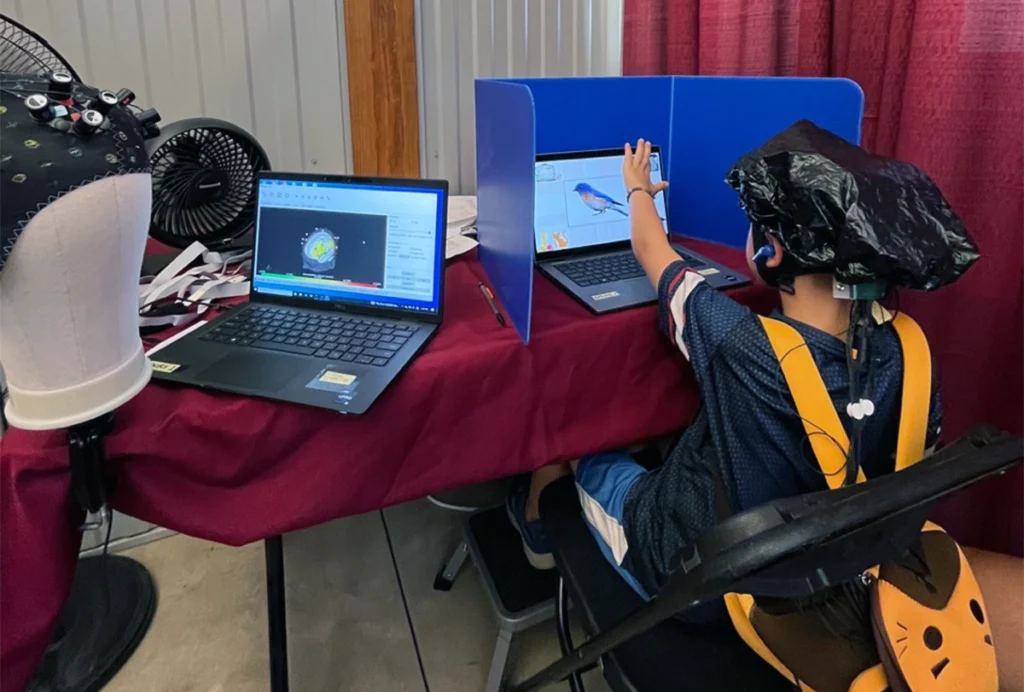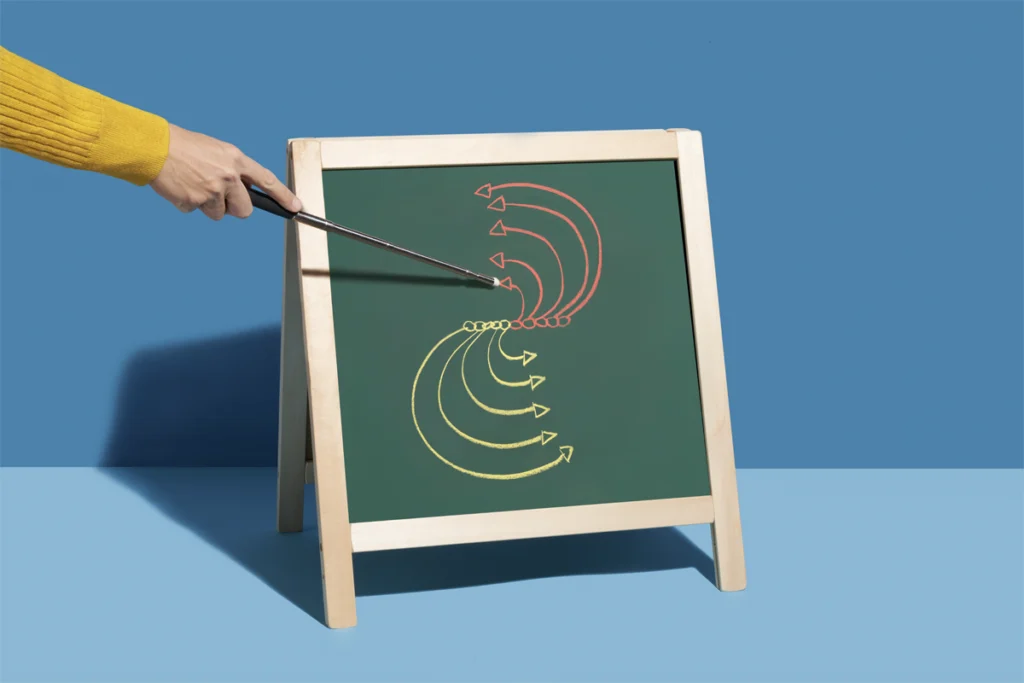Representation
Recent articles
First Pan-African neuroscience journal gets ready to launch
With lower-than-average article processing fees, and issues dedicated to topics important to the continent, the journal hopes to give African neuroscience research much-needed international visibility.

First Pan-African neuroscience journal gets ready to launch
With lower-than-average article processing fees, and issues dedicated to topics important to the continent, the journal hopes to give African neuroscience research much-needed international visibility.
What do neuroscientists mean when they use the term ‘representation’?
A group of neuroscientists and philosophers discuss the use and misuse of the term "representation" across the cognitive sciences and how it influences the way we interpret the connection between neural, behavioral and mental activity.
What do neuroscientists mean when they use the term ‘representation’?
A group of neuroscientists and philosophers discuss the use and misuse of the term "representation" across the cognitive sciences and how it influences the way we interpret the connection between neural, behavioral and mental activity.
Sharing Africa’s brain data: Q&A with Amadi Ihunwo
These data are “virtually mandatory” to advance neuroscience, says Ihunwo, a co-investigator of the Brain Research International Data Governance & Exchange (BRIDGE) initiative, which seeks to develop a global framework for sharing, using and protecting neuroscience data.

Sharing Africa’s brain data: Q&A with Amadi Ihunwo
These data are “virtually mandatory” to advance neuroscience, says Ihunwo, a co-investigator of the Brain Research International Data Governance & Exchange (BRIDGE) initiative, which seeks to develop a global framework for sharing, using and protecting neuroscience data.
Aran Nayebi discusses a NeuroAI update to the Turing test
And he highlights the need to match neural representations across machines and organisms to build better autonomous agents.
Aran Nayebi discusses a NeuroAI update to the Turing test
And he highlights the need to match neural representations across machines and organisms to build better autonomous agents.
What makes memories last—dynamic ensembles or static synapses?
Teasing out how different subfields conceptualize central terms might help move this long-standing debate forward. I asked eight scientists to weigh in.

What makes memories last—dynamic ensembles or static synapses?
Teasing out how different subfields conceptualize central terms might help move this long-standing debate forward. I asked eight scientists to weigh in.
Brain imaging at the fair with Ka Ip
Does environment affect how children from diverse backgrounds perform on tests of executive function? Ip went to the Minnesota State Fair to find out.

Brain imaging at the fair with Ka Ip
Does environment affect how children from diverse backgrounds perform on tests of executive function? Ip went to the Minnesota State Fair to find out.
When do neural representations give rise to mental representations?
To answer this question, consider the animal’s umwelt, or what it needs to know about the world.

When do neural representations give rise to mental representations?
To answer this question, consider the animal’s umwelt, or what it needs to know about the world.
From a scientist’s perspective: The Transmitter’s top five essays in 2023
From big-picture debates about theories and terms to practical tips for teaching and writing, our favorite expert-written articles offer a glimpse into what neuroscientists are thinking.

From a scientist’s perspective: The Transmitter’s top five essays in 2023
From big-picture debates about theories and terms to practical tips for teaching and writing, our favorite expert-written articles offer a glimpse into what neuroscientists are thinking.
Mistaking a duck for a skvader: How a conceptual form of circular analysis may taint many neuroscience studies
These logical loops are harder to spot than circularity involving noise in the data, but they result from neglecting something closer to home: existing knowledge about the brain.

Mistaking a duck for a skvader: How a conceptual form of circular analysis may taint many neuroscience studies
These logical loops are harder to spot than circularity involving noise in the data, but they result from neglecting something closer to home: existing knowledge about the brain.
What ‘drifting representations’ reveal about the brain
How neuronal activity patterns associated with a behavior can change, even when the behavior does not — something once seen as an experimental artifact — could offer new insights about neural function.

What ‘drifting representations’ reveal about the brain
How neuronal activity patterns associated with a behavior can change, even when the behavior does not — something once seen as an experimental artifact — could offer new insights about neural function.
Explore more from The Transmitter
Astrocytes orchestrate oxytocin’s social effects in mice
The cells amplify oxytocin—and may be responsible for sex differences in social behavior, two preprints find.

Astrocytes orchestrate oxytocin’s social effects in mice
The cells amplify oxytocin—and may be responsible for sex differences in social behavior, two preprints find.
Neuro’s ark: Spying on the secret sensory world of ticks
Carola Städele, a self-proclaimed “tick magnet,” studies the arachnids’ sensory neurobiology—in other words, how these tiny parasites zero in on their next meal.

Neuro’s ark: Spying on the secret sensory world of ticks
Carola Städele, a self-proclaimed “tick magnet,” studies the arachnids’ sensory neurobiology—in other words, how these tiny parasites zero in on their next meal.
Autism in old age, and more
Here is a roundup of autism-related news and research spotted around the web for the week of 2 March.

Autism in old age, and more
Here is a roundup of autism-related news and research spotted around the web for the week of 2 March.